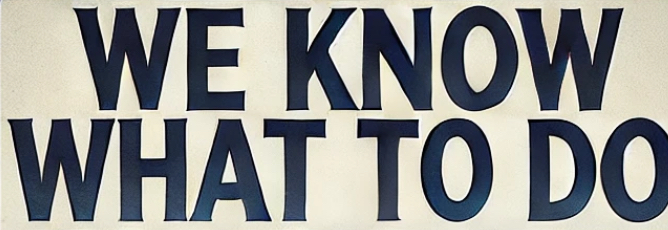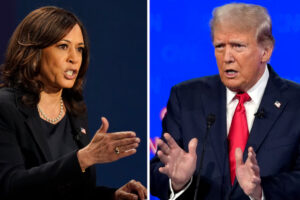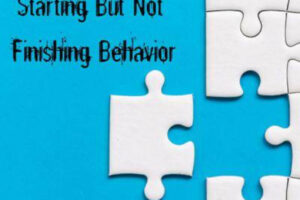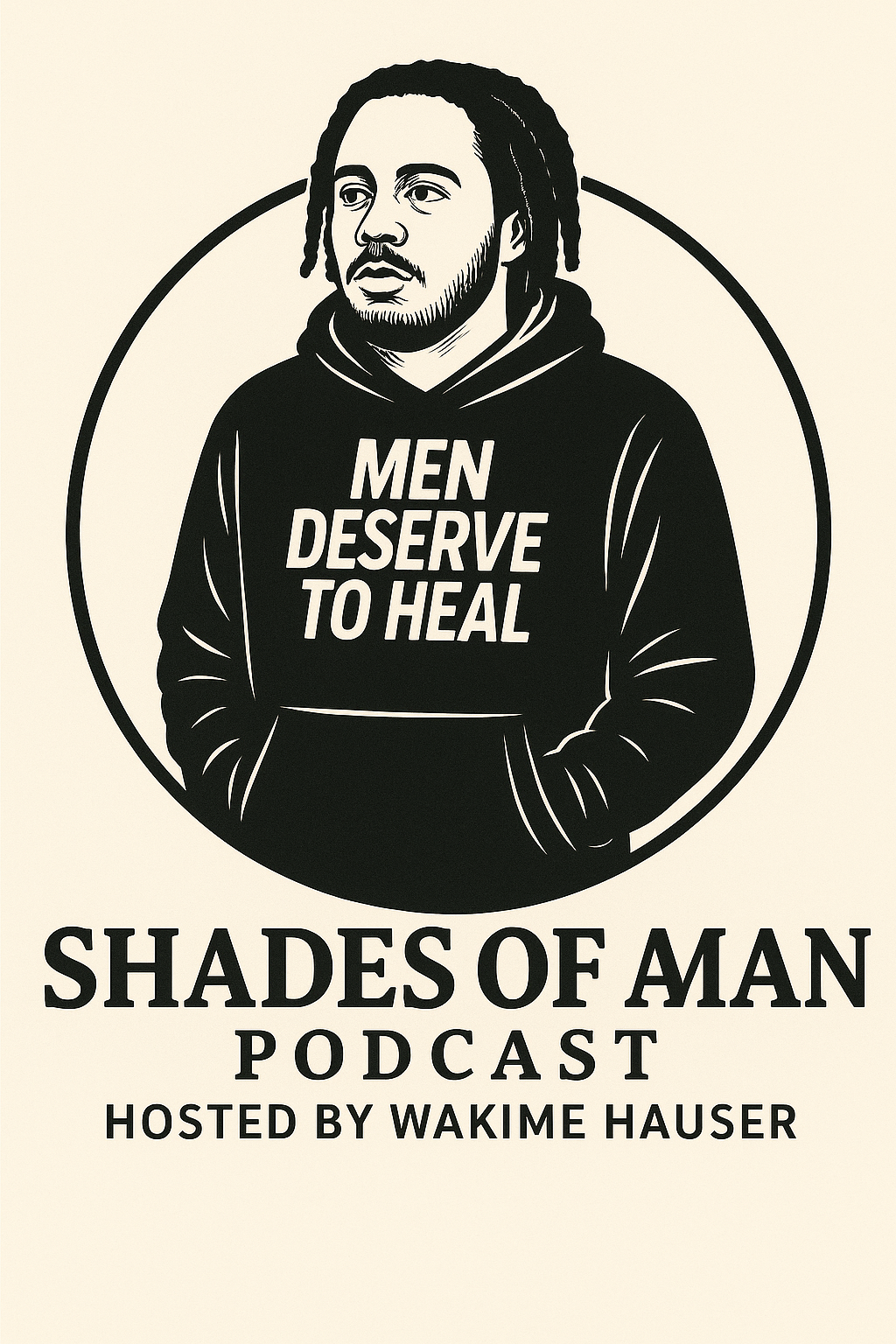We know what to do, We just don’t do it
In a world where information is at our fingertips and wisdom is more accessible than ever, why is it still so hard to do what we know we need to do? We have the tools, the knowledge, and the resources to succeed in our personal and professional lives, yet procrastination and complacency often get the better of us. It’s as if we’re caught in a loop of knowing but not doing, aware of what’s required to achieve our goals but choosing the path of least resistance instead.
As a college student, a boyfriend, and a father, I’ve had my fair share of experiences where I knew exactly what needed to be done but failed to act. In college, assignments would pile up, and despite understanding that the only way to avoid stress was to start early, I often found myself cramming at the last minute. In relationships, I knew that open communication and active listening were key, yet I sometimes fell short, letting pride or distraction take over. As a father, I’ve understood the importance of being present and engaged, but there were times when work or fatigue made it easier to just go through the motions. Each of these situations highlights the struggle between knowledge and action.
The gym is perhaps the most glaring example of this dynamic. Everyone who walks through those doors knows that consistency, effort, and discipline are the keys to physical transformation. Yet, we see people skipping workouts, cheating reps, or searching for shortcuts like fad diets or miracle supplements. The desire for an easy way out is strong, but the truth remains—there is no substitute for hard work. The gym mirrors life; we know what we need to do, but the challenge lies in actually doing it.
This same pattern extends into the political arena, where the two-party system in America creates division and hostility. Both sides are so entrenched in their ideologies that they’ve lost sight of the bigger picture: serving the people. Instead of focusing on policy reform and unification, leaders spend more time tearing each other down, fostering a climate of hate that trickles down to their supporters. It’s become more about winning and less about doing what’s right. Many people compromise their true beliefs to stay aligned with their political party, creating a toxic environment that’s anything but representative of true leadership.
So, what’s the solution? First, we need laws that prevent leaders from engaging in negative rhetoric and instead encourage a focus on constructive policy debate. A new political party that prioritizes unity, transparency, and real solutions over partisanship could offer the American people a much-needed alternative. On a personal level, we must commit to action, whether in our fitness journey, our relationships, or our civic duties. It’s not enough to know what needs to be done; we must muster the discipline to do it. Only then can we begin to see real change, both in our own lives and in the world around us.







